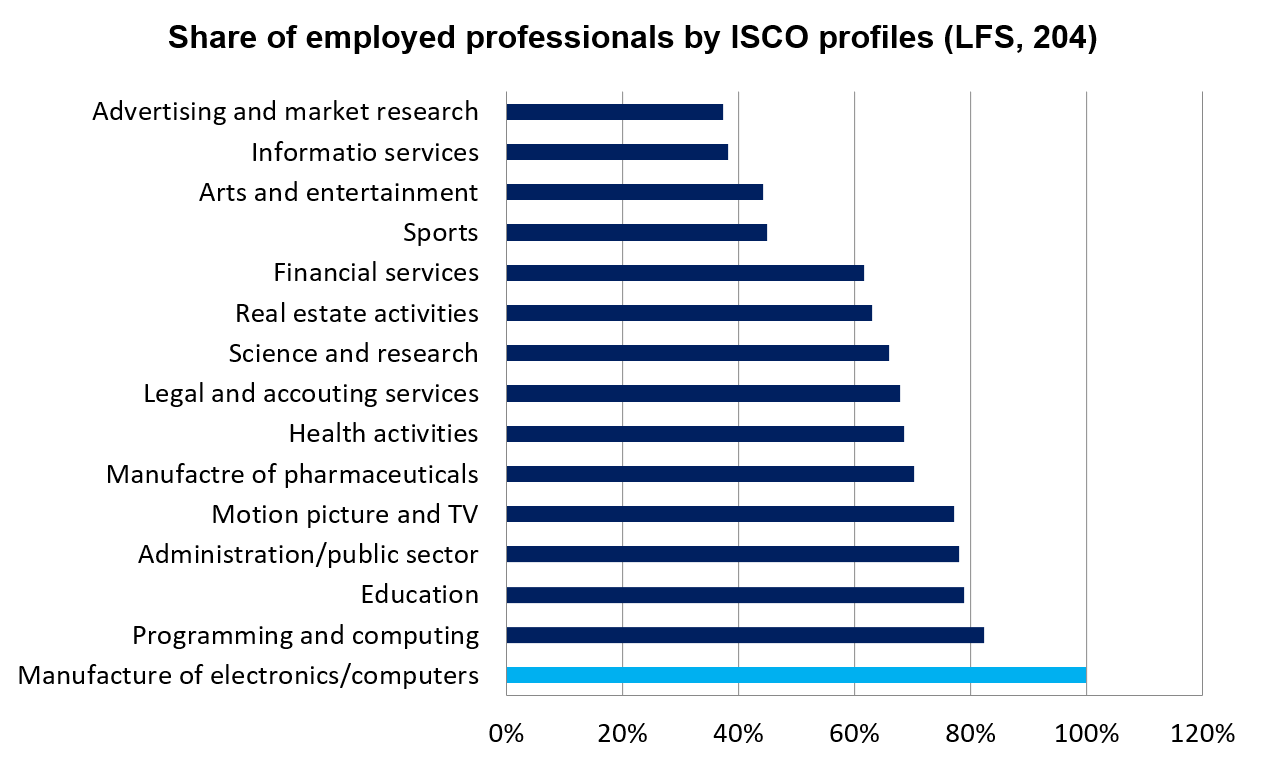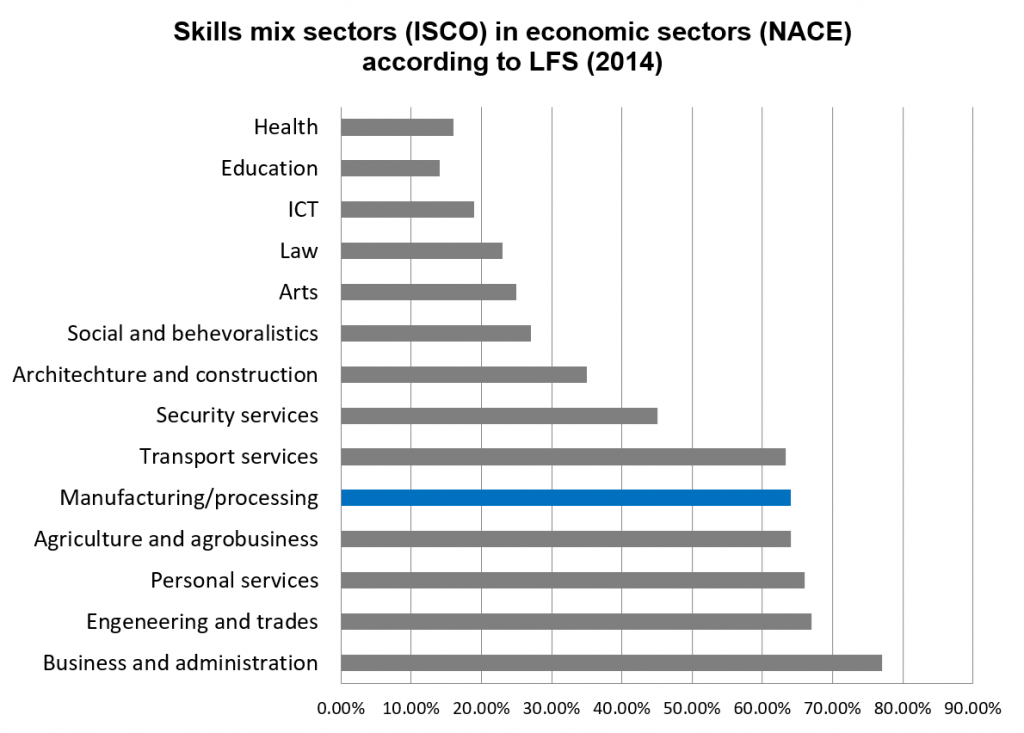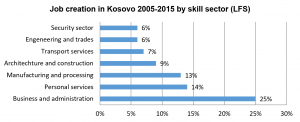The concept of mechatronics education at UBT is the result of the emerging industrial production and processing industry in Kosovo. The request for industry academic engeneering courses in mechatronis courses were not satisfied till the this decade when UBT in cooperation with leading Austrian practicioners developed the first Mechatronics Management programme. The initial survey of the industry (UBT, 2009) had clearly pointed out the needs of industry towards mechantronics, reflecting the decisive role which automation, electronic and system thinking had gained in mechanical engeneering branches. Thus, the foundation of mechatronics at UBT was charachterised by strong market pull for this type of education in view of the overwhelming role mechatronics and engeneering play in the emerging Kosovo industry. UBT, as part of an EU Ermasmus supported project, was accredited and operated a Mechatronics Management programme in the past few years. Since no traditional engeneering disciplines had been in established in UBT before, the programme had operated from scratch.
The mechatroics graduates at UBT are expected to be able to adapt quickly to the trends in industry, to respond quickly to the needs of the market and to adopt an integrative approach in product and process development, and by virtue of their knowledge and experience in various disciplinary skills, be more competent team leaders. The graduates will be required to work in an industrial environment deploying advanced technology according to mechatronics principes as well as communicate with and provide a link between a specialist in particular area with the requirements of Kosovans businesses. They will also be able to make significant contributions in all stages of engeneering design – from conceptualisation to final product design in a truly systemic approach wherin electrical, electronic, computer and mechanical sub systems are simultaneously designed to function as an integrated while, as a single system.
The Kosovo labour market demand for engeneering trades has been particulairly high in recent years. In essence the number of jobs created in this skills cluster is higher than the number of students registed in higher education institutions. UBT uses a framework with several indicators to assess the labour market demand and the value add of skills in the iindustry: (1) Economic sectors with most important human resource potential, (2) the impact of skill sectors in the economy and (3) job creation potential of the economic sector. The first indicator – Economic sector with most important human resource potential – economic development depends on a country’s ability to generate new knowledge embodied in products and services which are demanded in global markets.

Adjusting to chaning demands is usually rooted in knowledge used for creating the products and services being marketed. If the know-how is importedand the competitive advantage is built on cheap labour, there may be positive effects on income, employment and oveerall social welfare.Therefore, domestic knowledge growth and development are key to gain and retain competitiveness. A proxy used for the ability of economic sectors to adjust, innovate and remain competitive is the share of the employed in jobs which require high level skills attainable dominantly through higher education qualifications as well as technical skills for applying knowledge in production environments. Our analytical process is generated by comparing Labour Force Survey dynamics (2014) and grouping job profiles and trades into ISCO categories.
The second indicator measures the use of skills mix sectors (ISCO) applied in economic sectors. The latest Labour Force Survey idicate that business and administration, engneeering and trades, agriculture and agrobusiness and manufacturing and processing professions have the greaterst application in the Kosovo economic sectors.

The third indicator measures the number of jobs created in the past decade in corresponding economic sectors and skill sectors. When we analyse the number of jobs created by economic sector, according to LFS (2015), the sectors that contributed most to the number of jobs created in Kosovo are.

Based on the LFS (2014) the main skills sectors that contributed to the job creation in Kosovo in the past years are as follows:

There are two skill sectors that have contributed essentially to job creation in Kosovo in the past decade and are relevant for our proposed programme: manufacturing and processing ad engeneering and engeneering trades which together contributed for about 20% of jobs created in the past decade.
In summary, on the basis of Labour Force Survey engeneering and manufacturing come out are the economic sectors with the highest numbers of jobs created in the past decade, are the skill sectors that mostly contributed to job creation (20%). Furthermore, manufacturing/processing and engeneering trades are some of the skill mixes with the highest application in the economy with 71 % respectively 64%. Finally, the manufacture of electronics, computing and programming and other engeneering trades are some of the skill sectors employing the highest numbers of professionals.